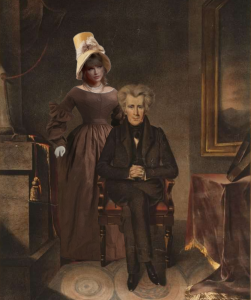College can be full of moral ambiguity.
No two people share mirrored views on right and wrong. For college campuses, this especially applies to academics. When it comes to getting an A, students seem to be willing to do whatever it takes.
In 2017, Kessler International asked 300 college students if they cheated during their undergraduate years, and 86 percent of them said yes. Additionally, 54 percent of these individuals actually believed what they were doing was OK.
Should red flags be raised? Or is this just typical college behavior?
Few students are innocent when it comes to doing homework assignments with their peers, taking online quizzes in groups or writing papers together. Sometimes cheating feels like the only way to keep your head above the water.
“I think the stress of college puts so much pressure on undergrads to cheat. It’s the fact that stakes are higher to be successful nowadays, which makes us feel like cheating is our only option to get by,” sophomore marketing major Aaliyah Redmond said. “I think that’s the reason why the number is so high.”
That pressure is the reason the library is typically open until 4:00 a.m. and is open 24 hours during finals. It’s why students spend hours scouring textbooks and over-caffeinating from Sunday to Friday, with a hopeful Saturday break. Students go to extremes to attain decent grades that they don’t believe they can achieve alone.
So, are about nine out of 10 college students morally wrong?
Maybe the definitions are just different. According to Bradley’s official statement found on the university website, cheating is defined as “giving or attempting to give, obtaining or attempting to obtain, information relative to an examination or other work that the student is expected to do alone and not in collaboration with others, or the use of material or information restricted by the instructor.”
Collaboration with others seems to be the key problem for students.
“Often you can learn a lot from other students, so I hesitate to call [collaborating with others on assignments] cheating,” junior mechanical engineering major Nick Domenella said. “I have helped others who were writing papers on topics I had interest and knowledge in. They learned more from listening to my advice than just struggling from a dry textbook.”
Collaboration may be considered wrong, and by standard definition it sounds like cheating. However, by student definition, it’s academic support.
“Straight copying is a different story,” Domenella emphasized.
But, with finals approaching quickly, there won’t be a coffee shop in Peoria that isn’t full of students working together on paper revisions, or having group sessions to ask questions and bounce ideas for final projects together.
Whether it’s pressure to be perfect, disagreement on the definition of collaboration or flat out morally wrong actions, cheating is a prevalent part of college. And just like the blurry line between right and wrong, it seems for college students, cheating is not so cut and dry.




